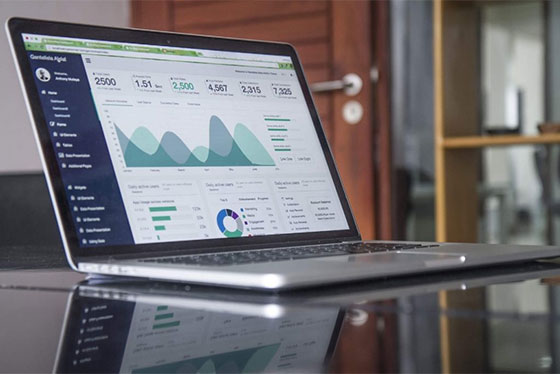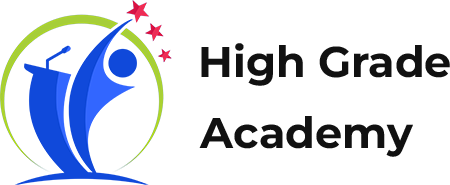Top 4 Benefits Of Data Science In Healthcare Industry
- March 26, 2022
- Academy-adm
- 0

Data science contributes to bringing improvement in the healthcare industry right from predicting risks to the treatment of diseases. From the very beginning, the IT department in the hospitals has helped to record the medical history of each client. This data plays a significant role in diagnosing the diseases and analyzing the improvement.
With growing time, data science has brought a significant change in the healthcare industry. Here are listed some benefits of data science in healthcare.
- Prevent Avoidable Harm: With the help of real-time data available, the professionals become more precise and take actionable decision to reduce the risk of prescription errors. Data science enables the healthcare industry to diagnose the patients to find who are more likely to develop any diseases so that they can prepare a wellness program as per the requirement.
- R&D And Drug Discovery: Data science delivers a set of biomedical data obtained from treatment results, test to stimulate the drug interaction with body and predict success rate. It helps to speed up the process, reduce the cost and time as well as mitigates the risks of failure.
- Eliminating Diseases: Predictive analysis helps in preventing the occurrence of disease by involving the prior needed precautions. For example, by analyzing and predicting the possibility of any diseases in a particular region, hospitals of that area will use the right course of action to prevent infection or virus.
- Health Tracking: Tracking sleep, daily exercise, heart rate and distance walked allow to identify the blood pressure, sugar levels and pulse rate. The wearable technology has brought a tremendous change in the healthcare industry by helping hospitals overview the patient’s lifestyles and diseases.
Thus, data science plays a significant role in improving the healthcare industry. If you want to know more, contact us at High Grade Academy. We offer a workshop series of Healthcare Data Analytics for those who are interested in psychology, data sciences, statistics and clinical studies.

